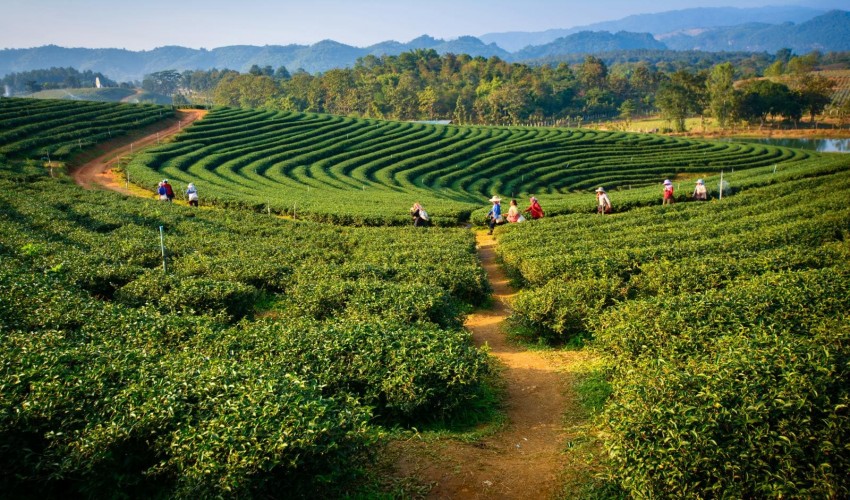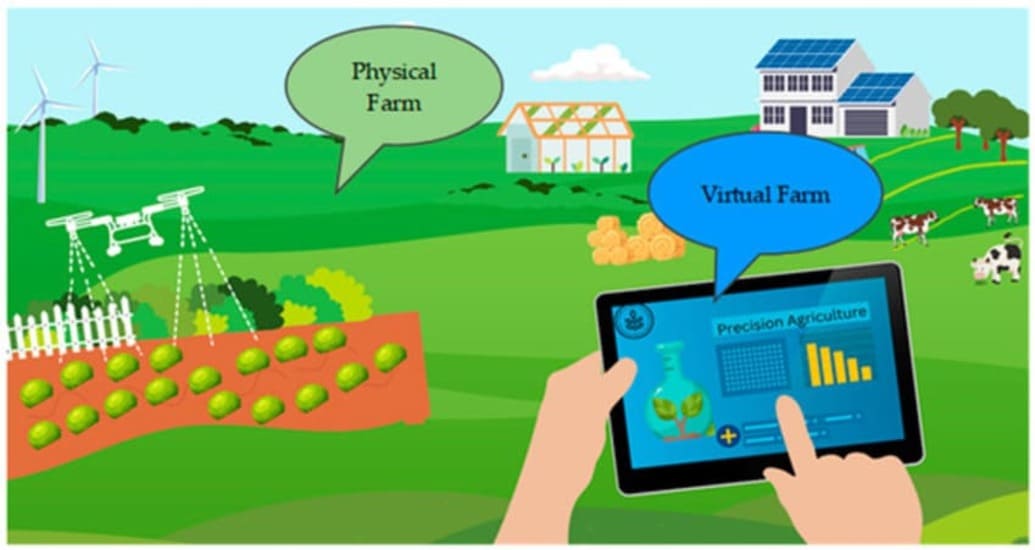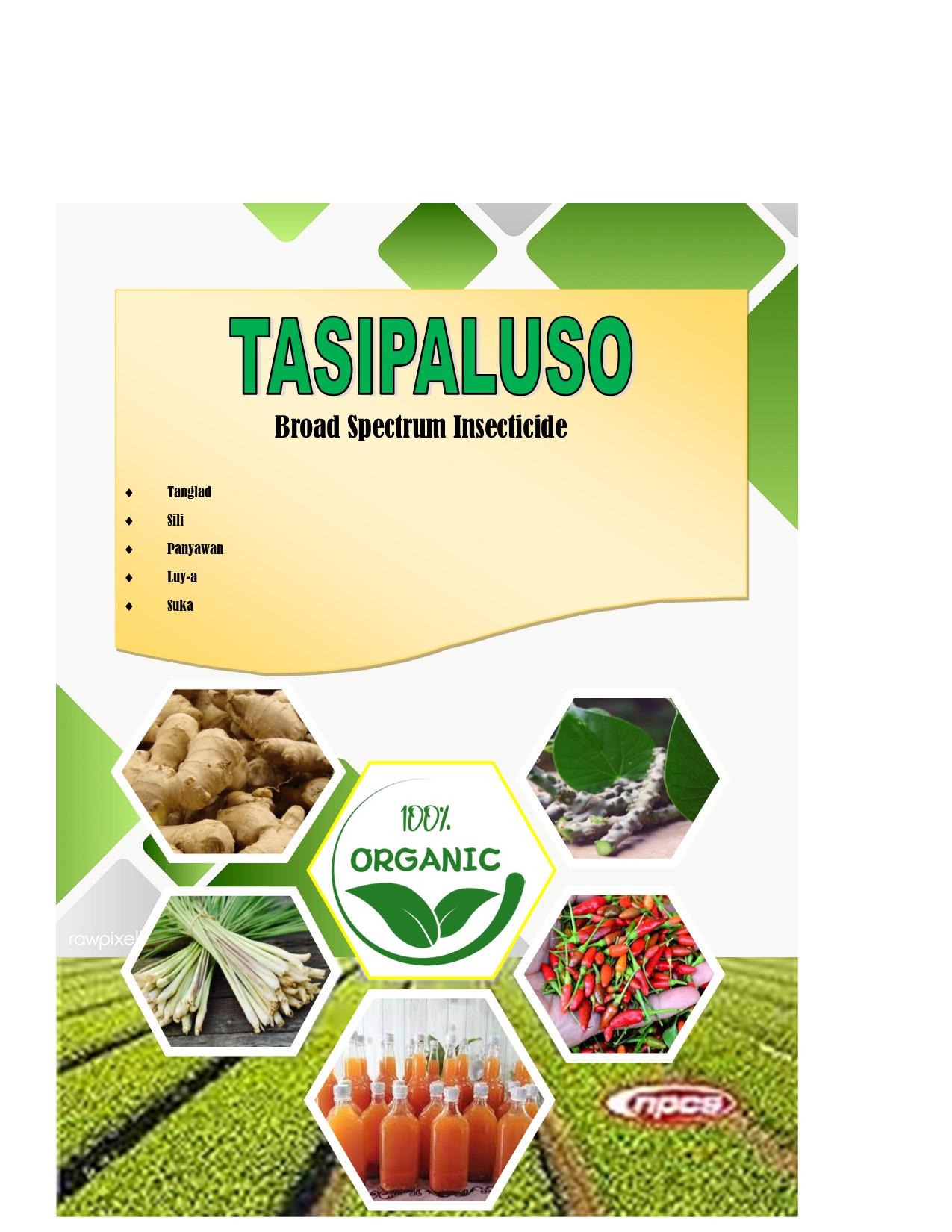
Agroecology
Agroecology is the study of ecological processes applied to
agricultural production systems. Bringing ecological principles to bear can
suggest new management approaches in agroecosystems. The term is often used
imprecisely. Agroecologists study a variety of agroecosystems. The field of
agroecology is not associated with any one particular method of farming;
whether it be organic, integrated, or conventional, intensive or extensive,
although some use the name specifically for alternative agriculture.
Agroecology is a holistic approach that fosters to reconcile
agriculture and local communities with natural processes for the common benefit
of nature and livelihoods.
Agroecology is inherently multidisciplinary, including
sciences such as agronomy, ecology, environmental science, sociology,
economics, history and others. Agroecology uses different sciences to
understand elements of ecosystems such as soil properties and plant-insect
interactions, as well as using social sciences to understand the effects of farming
practices on rural communities, economic constraints to developing new
production methods, or cultural factors determining farming practices.[citation
needed] The system properties of agroecosystems studied may include:
productivity, stability, sustainability and equitability. Agroecology is not
limited to any one scale; it can range from individual gene to entire
population, or from a single field to globally.
- Sustainability Assessment of Animal Systems
- Agroecology and Sustainability of Production Systems
- Future Livestock Systems
- Methodologies for Reading Sustainable Foodscapes
- Analysis and Design of Organic Farming Systems
- Organic Agriculture and Society
- Agroecology
- Farming Systems Ecology
- Research Methods in Crop Science
- Grassland Science
- Modelling functional diversity in crop production
- Advanced Crop Physiology
- Ecological Aspects of Bio-interactions
- Entomology
- Quantitative Analysis of Land Use Systems
- Agroforestry
- Analysing Sustainability of Farming Systems
- Plant Production Systems
- Nutrient Management
- Soil Biology
- Agricultural Economics and Rural Policy
- Animal Production Systems
- Business Economics
- Crop and Weed Ecology
- Crop Physiology
- Environmental Policy
- World agroecosystems and agricultural
Recent Published
Submit Manuscript
To give your manuscript the best chance of publication, follow these policies and formatting guidelines.


